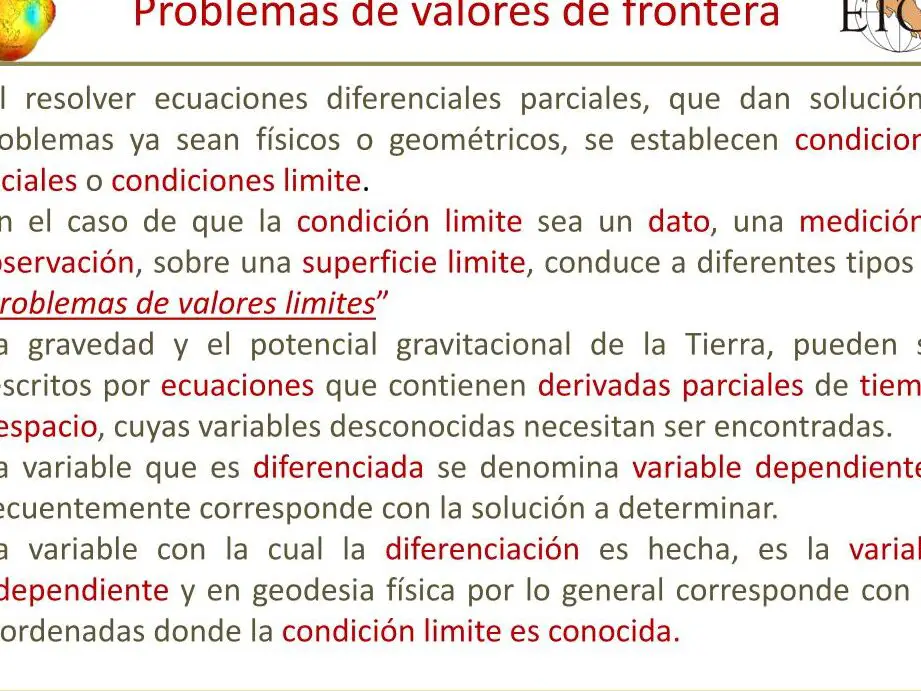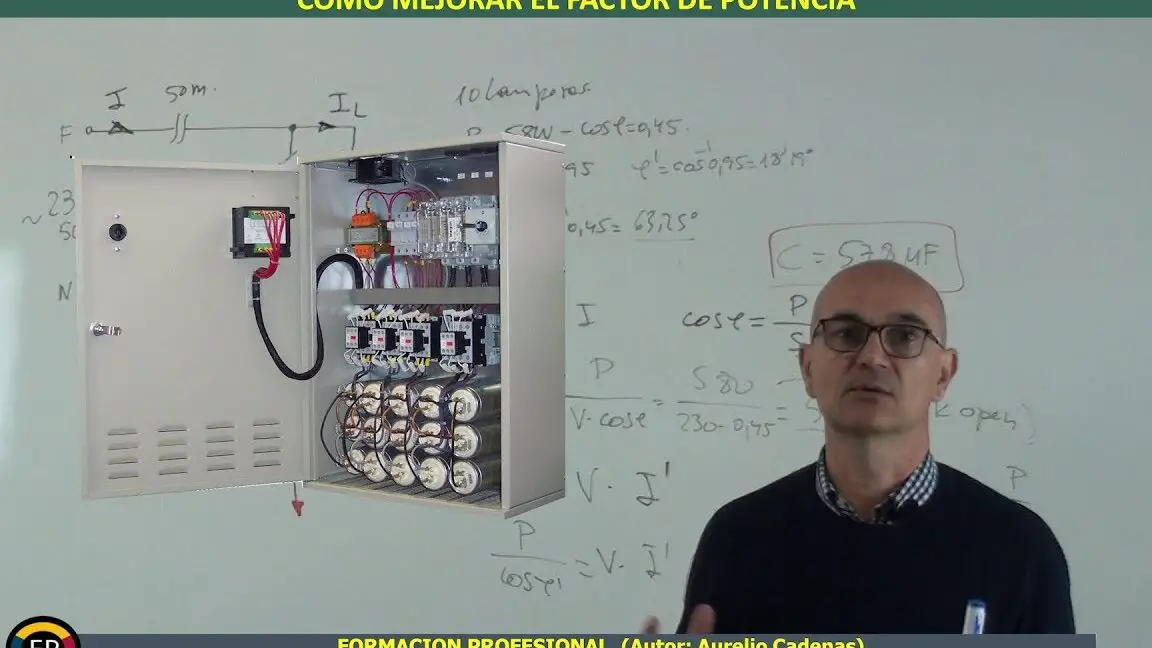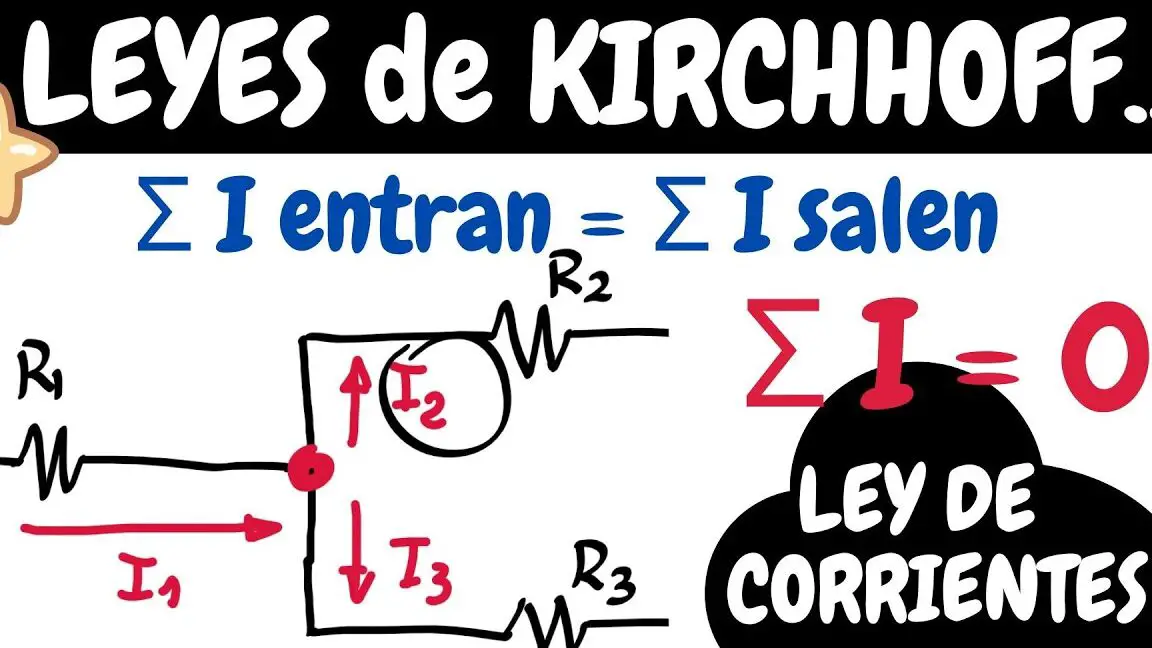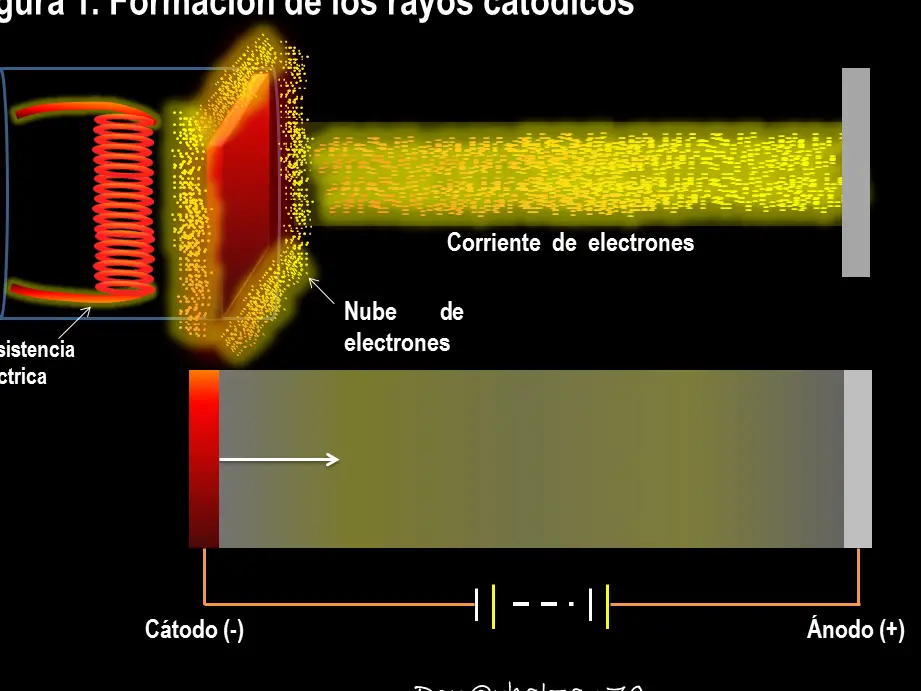Importance of initial and boundary conditions in physics problems
Initial and boundary conditions play a fundamental role in solving problems in the field of physics. Properly establishing these conditions is key to understanding the behavior of physical systems in different situations. In this article, we will explore the importance of initial and boundary conditions, and how they influence the solving of physical problems. Join us on this fascinating journey through physics!
Understanding boundary conditions in mathematics
Boundary conditions in mathematics are restrictions that are imposed on a mathematical problem to completely define the solution. These conditions apply at the boundaries of a region or domain and are essential to finding a unique and well-defined solution.
Type of boundary conditions:
- Dirichlet boundary conditions: The value of the solution on the boundary is directly specified.
- Neumann boundary conditions: The normal derivative of the solution on the boundary is specified.
- Mixed boundary conditions: Combination of the above.
These conditions are essential in various fields of applied mathematics, such as physics, engineering and economics. In partial differential equations, for example, they determine the uniqueness and existence of solutions. It is common to find problems where the mathematical formulation includes boundary conditions that represent the interaction of a system with its environment.
The fundamental role of differential equations in physics: applications and importance
Differential equations play a crucial role in physics, since they allow us to model and predict the behavior of a wide variety of natural phenomena. Below are some relevant aspects about its application and importance in this discipline:
- Differential equations are used to describe physical systems that involve changes in time or space.
- Its application covers areas such as classical mechanics, thermodynamics, electromagnetism, quantum mechanics, among others.
- These equations allow solving problems related to the movement of particles, the propagation of waves, the evolution of physical fields, among others.
- In mechanics, differential equations allow us to model the movement of bodies under the action of forces, as in the case of Newton's law.
- In thermodynamics, these equations are useful for studying the evolution of systems in equilibrium and describing heat and work transfer processes.
- In electromagnetism, Maxwell's equations, which are a set of differential equations, are fundamental to understanding the behavior of electric and magnetic fields.
Exploring value issues at the border: an in-depth look
In this article we explore in detail the value problems that arise at the border, analyzing in depth their complexity and their implications in different contexts. Topics covered include:
- The subjective nature of value and its relationship with individual perception.
- The challenges of establishing objective criteria to assess situations on the border.
- The influence of cultural and social factors on the construction of values in border contexts.
In addition, possible strategies are examined to address and resolve value conflicts that may arise in these types of situations, highlighting the importance of intercultural dialogue and empathy in the search for equitable solutions.
In short, “Exploring value problems on the border: a deep look” invites us to reflect on the complexity of values in the border context and to consider new perspectives to confront these challenges in a constructive and enriching way.
And remember, in physics initial and boundary conditions are like the bread and butter of a cosmic sandwich! Without them, everything falls apart faster than an uncontrolled experiment! So now you know, pay attention to those little details that make the difference between success and chaos in the physical universe! Until next time, curious earthlings!





Post Comment